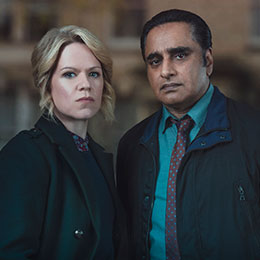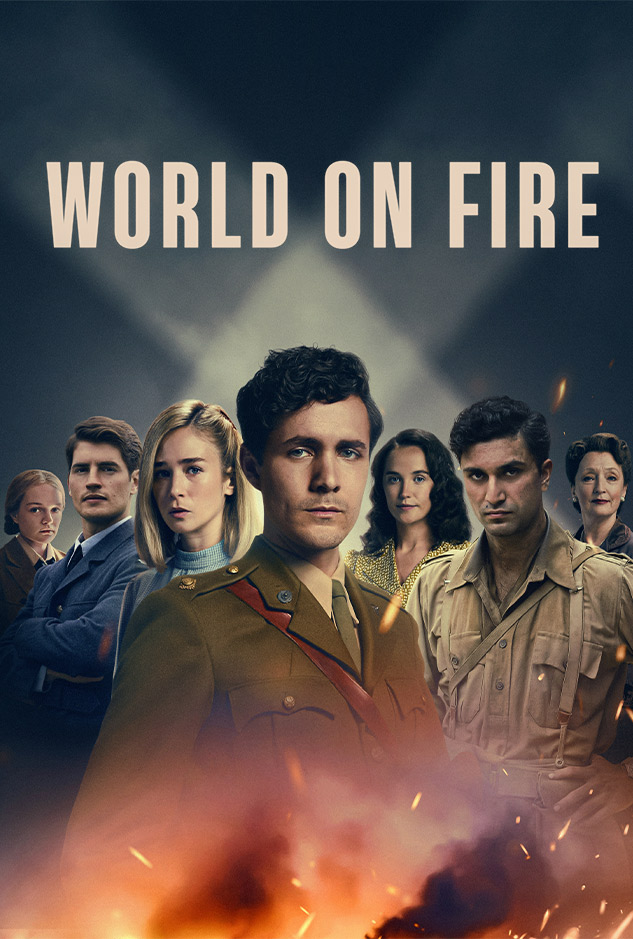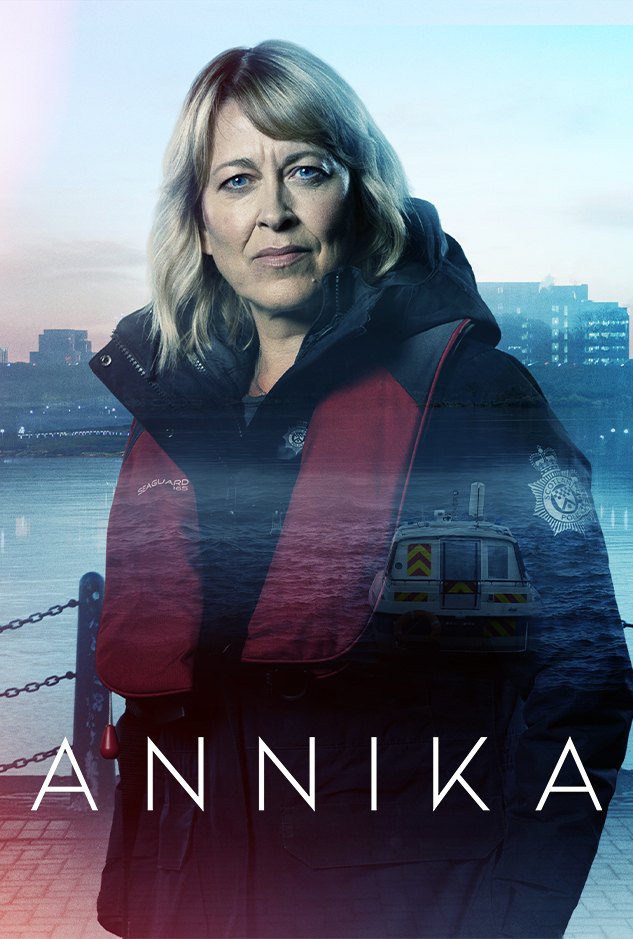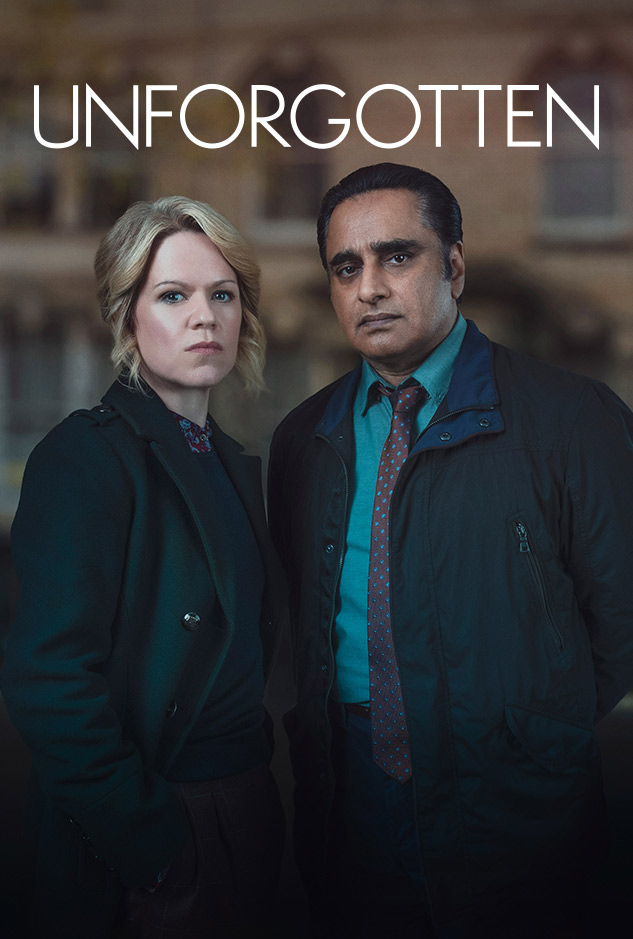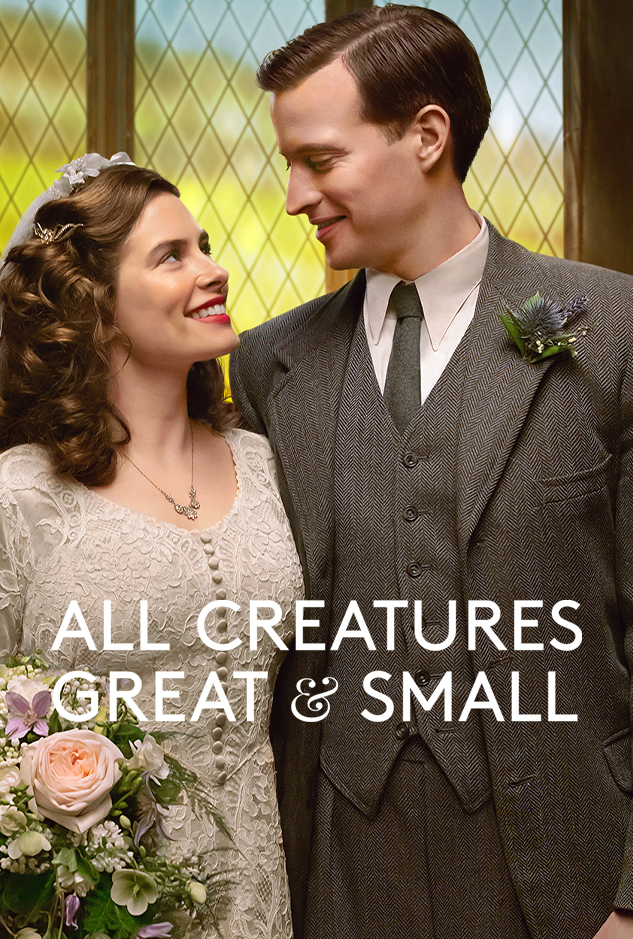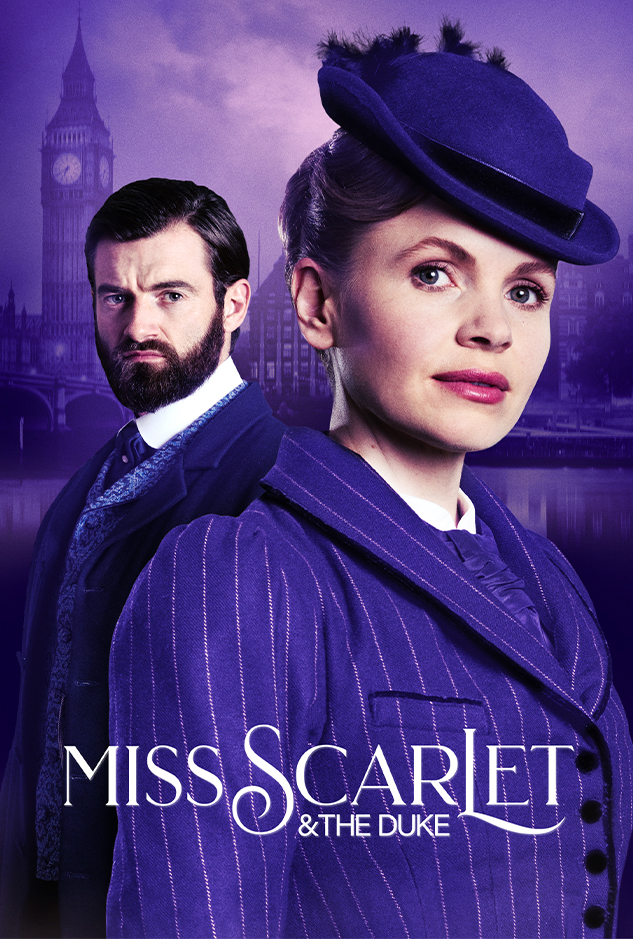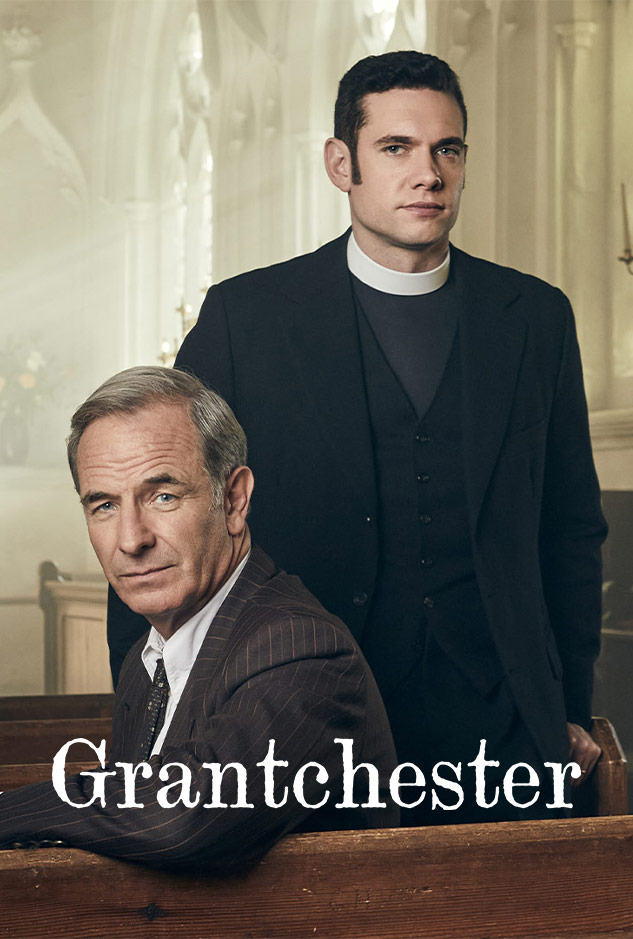The Quality of Mercy: An Interview with Unforgotten’s Writer & Creator Chris Lang
Upon the airing of Unforgotten Season 4, series writer and creator Chris Lang shares insights into what makes the show so unique and successful, from the appeal of cold cases to the appeal of Cassie and Sunny, to the theme of compassion that undergirds the whole series. Unforgotten Season 4 airs now through its don’t-miss season finale on Sunday, August 15 on MASTERPIECE on PBS.
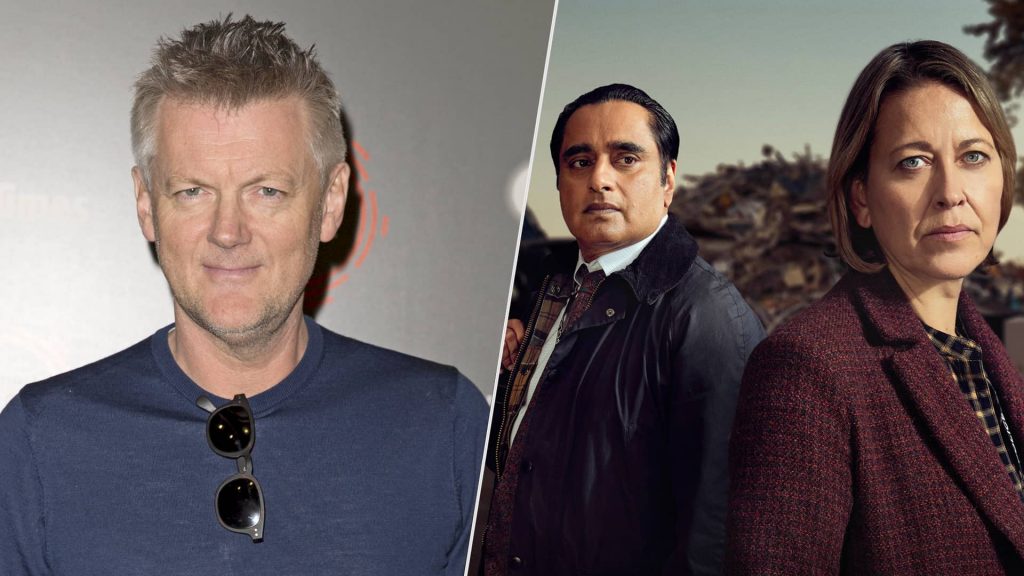

Why do you think audiences love a cold case, and what attracted you to the concept of cold cases?
I think that the answer is probably the same for both, which is that we like cold cases because there’s a lot of life lived, and therefore a lot of life to unpick, between the case and the discovery of the case. That was what really interested me. What precipitated me to develop the idea was watching a cold case in this country, a very public case that was actually talking about crimes going back to the ’60s, with some well-known figures in this country, television personalities, who were accused of child sex abuse. And what fascinated me as I saw these people being arrested 40-odd years after their crimes was, as it became clear that they were going to be convicted, that they had done what they were accused of. There were a few moments when they were on camera, being led into court, and you just began to think, “Wow, how’s your wife dealing with this? And how is your son and possibly your grandchildren and your daughter and your colleagues and your friends and all the people that you know—how much reassessment are they having to do of the last, in this instance, 30 or 40, or possibly even 50 years?” It was a lifetime. All of the building blocks of any of our lives—family, friends, career, all of that—was dismantled in a very short space of time. And that’s just a really interesting arena to be in.
And I think that’s what the audience respond to. You introduce the antagonists—and obviously now the audience know the format—and as they watch them, they’re looking at the edifice, going, “Okay, so this guy’s a lawyer and this guy’s a doctor and this guy’s a charity worker or whatever. And all of that’s going to crumble, probably, because they’ve got these secrets and lies that this investigation is going to blow apart.” And that’s quite interesting. There’s a lot to destroy. Creativity is ultimately about destruction, and many people would say there’s a lot to destroy.
What makes Sunny and Cassie such an effective team in solving cases, and also such an effective team for a television series?
They’re not aggressive, they’re not antagonistic, they don’t browbeat people into revealing themselves—they do it with respect and they afford everyone that sits in front of them that respect, dignity, compassion, and understanding. And I believe that’s probably, mostly, how you would get the most successful results. I think that has always been a mutual shared dimension of their characters and that’s why they connect with each other and have done for probably 10, 15 years. Neither of them are screaming and shouting at people. They have a shared sense of humor. There’s just a deep friendship. Apart from one misstep in Series Two, it’s an entirely platonic, loving friendship between a man and a woman, which is not something you often see. So it feels different to your average cop pairing, which tends to be about friction. There is very little friction between the two.
A major part of what makes Unforgotten unique is that it forces you to go to a place of empathy. And I imagine that in terms of storytelling, if you’re starting from a place of empathy, anything is possible. How do you achieve that?
I start from a position of: what could I forgive, and what could I not forgive? And is there anything that you couldn’t forgive or shouldn’t try to forgive? When you start with that position, you can draw very dark characters who have done heinous things, but if you’re constantly trying to find some sense of the possibility of redemption, forgiveness, and compassion, then it makes a more interesting story, because what it does is it humanizes everyone. It’s the quote from The Merchant of Venice, “The quality of mercy is not strained.” It’s basically saying that it benefits both the giver and the givee. And it’s the same—mercy or compassion or forgiveness, all of these things—if we can’t forgive people…then we’re done for. That was one of the central themes that I suppose grew fairly organically through it, and it’s definitely something that people respond to. And it’s something that outside of writing the drama, I find myself examining and looking at all the time, in the world in which we live.








